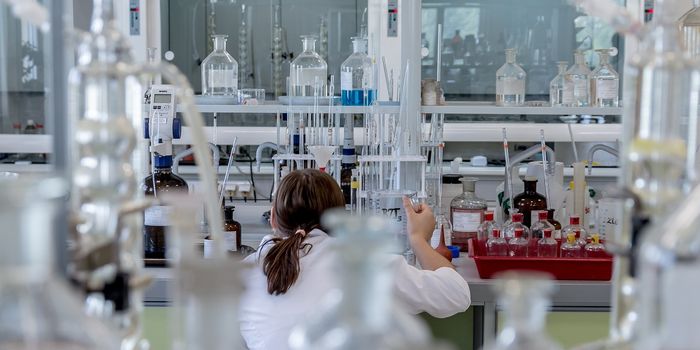Why is Urine Yellow? Scientists Find the Enzymatic Reason
In healthy people, urine color typically ranges from colorless to yellow. Urine is created by the excretory system, as the kidneys filter waste from the body. Red blood cells wear out after about six months, and every day, the body generates millions of new ones. When red blood cells are broken down, they generate a molecule called biliverdin, which has a green pigment. This molecule is then degraded further to create bilirubin, which has a bright orange color.
A lot of that bilirubin is secreted into the gut, where gut microbes can further alter the molecule. While most bilirubin in the gut is meant to be excreted, some of it can be reabsorbed by the body. If too much is reabsorbed, it can lead to health problems like jaundice, in which the skin and eyes take on a yellow color.
Some bilirubin is also converted into urobilinogen, which gets excreted in the urine, and gives it a yellow color. Scientists have now identified the enzyme that makes this conversion - it is called bilirubin reductase, and it is made by microbes. The findings have been reported in Nature Microbiology.
"This enzyme discovery finally unravels the mystery behind urine's yellow color," said lead study author Brantley Hall, an assistant professor at the University of Maryland. "It's remarkable that an everyday biological phenomenon went unexplained for so long, and our team is excited to be able to explain it."
Although the chemical basis of urine's yellow color has been known for decades, this work has finally revealed the enzyme that is responsible. Now, researchers can learn more about how the gut microbiome may be related to jaundice or other conditions.
Gut microbes generate bilirubin reductase, which changes bilirubin into a colorless molecule called urobilinogen, explained Hall. "Urobilinogen then spontaneously degrades into a molecule called urobilin, which is responsible for the yellow color we are all familiar with."
The scientists also determined that while bilirubin reductase can be found in nearly all healthy adults, it usually is not present in newborns or people with inflammatory bowel disease. They suggested that a lack of bilirubin reductase could influence some conditions such as infant jaundice or pigmented gallstone formation.
Now that the enzyme has been identified, researchers can start to learn more about how gut bacteria are related to circulating bilirubin levels or health issues like jaundice, said study co-author and NIH Investigator Xiaofang Jiang. "This discovery lays the foundation for understanding the gut-liver axis."
This report is one of many that has highlighted the close connection that the gut microbiome has with human biology and health.
Sources: University of Maryland, Nature Microbiology









